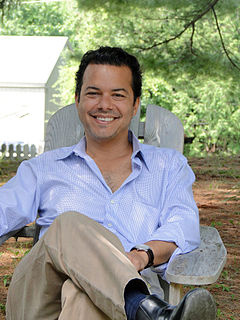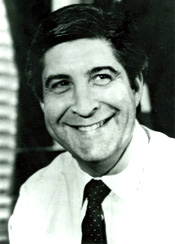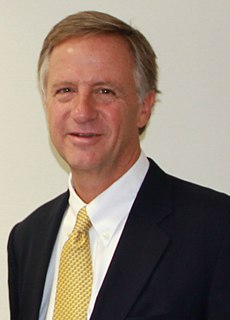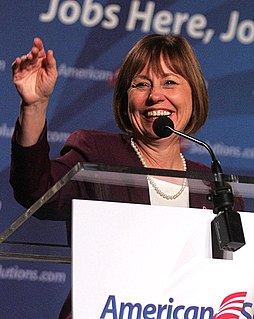A Quote by Marianne Williamson
The Founders didn't mention political parties when they wrote the Constitution, and George Washington in essence warned us against them in his Farewell Address.
Related Quotes
In his farewell address, George Washington warned the people about political parties. Now we see how both Democrats and Republicans have conspired to reduce democratic participation. If this is the best the Democrats and Republicans have to offer, it's time to look elsewhere.Politics should be the prism for our most noble intentions.
The people who started the American government, the founders of the Constitution, didn't like political parties but they were forced to start them. Nobody ever created political parties in England, they evolved. And there do tend to be two general tendencies that focus around how much government you think you need.
I think frustration unfortunately, reflects a real breakdown in the political parties themselves, which is fascinating because our constitution did not anticipate political parties. They're not even written in the Constitution, there's no guidelines. When we look at the arcane processes of delegate selection in the primaries and caucuses, it's not in the Constitution. This is all created post Constitution. And yet I think we're in the middle of tensions between and within the political parties. They're not functioning that well.
It's easy to talk about our system not functioning. It's actually functioning exactly the way we've designed it to function by giving so much power to the political parties, which all of our, you know, leading founders - Washington, Adams, Jefferson, Madison - all said don't create political parties like the ones we have now. We did it, and we're paying a very high price for it.
In his address of 19 September 1796, given as he prepared to leave office, President George Washington spoke about the importance of morality to the country's well-being: Of all the dispositions and habits which lead to political prosperity, Religion and Morality are indispensable supports. . . . And let us with caution indulge the supposition that morality can be maintained without religion. . . . Can it be that Providence has not connected the permanent felicity of a Nation with its virtue?
To each of my Nephews, William Augustine Washington, George Lewis, George Steptoe Washington, Bushrod Washington, and Samuel Washington, I give one of my swords or Cutteaux of which I may be Possesed; and they are to chuse in the order they are named. These Swords are accompanied with an injuction not to unsheath them for the purpose of shedding blood, except it be for self defense, or in the defense of their Country and its rights; and in the latter case, to keep them unsheathed, and prefer falling with them in their hands, to the relenquishment thereof.
Oliver Cromwell (1599-1658) moved from a legitimate to a charismatic role, reversing the course followed by Washington. Yet therewere surface similarities in their careers. Both led military rebellions against English monarchs--Cromwell against Charles I, Washington against George III. Each took local militia--the "train bands" of Cromwell, the colonial levies of Washington--and forged professional armies on a national scale. Each infused a new ethos in his troops--a religious spirit in Cromwell's case, a post-colonial American identity in Washington's.

































